Initiatives are losing some of their political appeal
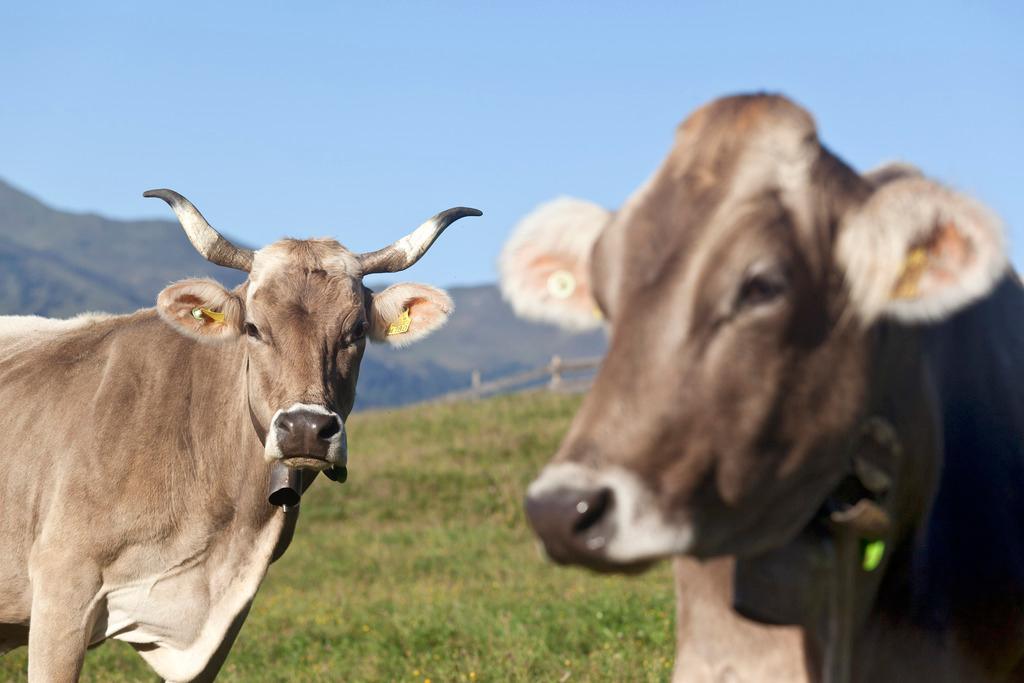
The long list of initiatives and referendums – a key instrument of Switzerland’s system of direct democracy - has grown longer this year. But the tide seems to have turned for the time being.
A look back in Swiss history shows that voters have had the final say on a total of 198 proposals since the introduction in the late 19th century of the right to launch initiatives, amending the constitution. Only 22 of them have won approval so far.
To date about 440 initiatives have been launched, including five new proposals in 2015, according to the Federal Chancellery.
This is only a small number compared with previous years.

More
How direct democracy has grown over the decades
“It appears that widespread concerns about an unmanageable ‘flood of initiatives’ were unjustified,” says Claude Longchamp, director of the leading GfS Bern research and polling instituteExternal link.
Until recently there were signs that the main political parties would resort to initiatives as a regular political instrument, particularly ahead of parliamentary elections.
“But – with the exception of the People’s Party – all the other main political parties in Switzerland had to learn that it hardly pays off. Campaigns cost a lot of money, tie up manpower, while success at the ballot box is very uncertain,” Longchamp adds.
He says it is striking that two of the new initiatives launched in 2015 focus on issues primarily relevant for citizens living in urban areas. Those living in a rural environment will most likely have very limited understanding for the perceived problems, according to the expert.
Hot topic
One of the new initiatives, launched by the conservative right People’s Party, stands out as it has a high potential for political controversy.
Initiative and referendum
It takes at least 100,000 signatures to be collected within 18 months to force a nationwide vote on an initiative or other constitutional amendments.
For a referendum – challenging a parliamentary decision – at least 50,000 signatures are necessary. They have to be gathered within 100 days.
As a rule, the Swiss vote up to four times a year on a wide range of issues, at a national, cantonal and local level.
Parliamentary elections take place every four years.
“The initiative which aims to put the Swiss constitution above international law is potentially highly attractive for voters. It concerns sovereignty and neutrality, topics deeply rooted in the Swiss mentality.”
The forth initiative underway seeks to curb urban sprawl and is the brainchild of the youth chapter of the Green Party.
The usually broad range of initiatives is completed by a plan launched by development aid organisations, with the support of trade unions, churches and leftwing parties. They want to commit companies to respect human rights.
For once, two regular topics are missing.
“Noticeably absent from the list of initiatives are environmental issues as well as immigration, two classic topics since the 1990s,” says Longchamp.
Challenging parliament
A total of six referendums have also been launched this year, challenging decisions by parliament.
It is slightly above the average number of referendums, which are likely to mark Switzerland’s political life in 2016 in the wake of the October parliamentary elections.
“Notably the vote challenging a reform of asylum law will continue a public debate which has dominated the political agenda over the past few years. The referendum will allow the Swiss People’s Party to set the agenda and remain in the public limelight,” says Longchamp.
It is not primarily a sign of increasing opposition by civil society or minority groups against parliament. But is shows there is a growing number of groups capable of forcing a nationwide vote, collecting signatures within a relatively short time.
“This goes with a long-term trend that parliament is more willing to approve controversial decisions without necessarily seeking a broad consensus. As a result, minority groups might feel excluded and force public ballots,” Longchamp argues.
Issues subject to referendums were legislation on the funding of public radio and television (already voted on), the renovation of the Gotthard road tunnel, to be put to voters in February, together with the reform of the asylum law and embryo screening.
An amended law boosting the powers of the intelligence service is also being challenged in a vote.
One referendum this year failed in the early stages – as did four initiatives.
Campaigners failed to collect the necessary signatures to overturn a decision to review the system of financial compensation payments between cantons that are more affluent and those with lower revenue.
Votes, elections
The past year saw Swiss voters going to the polls only twice on a total of six issues, including the introduction of an inheritance tax for wealthy heirs and the introduction of an energy tax to replace value added tax.
The initiatives and the referendum were all rejected by voters. Only a constitutional amendment to ease restrictions on embryo screening won a majority.
The political highlights of 2015 were arguably the parliamentary and cabinet elections in October and December respectively, which saw the right making gains at the expense of centrist parties.

In compliance with the JTI standards
More: SWI swissinfo.ch certified by the Journalism Trust Initiative

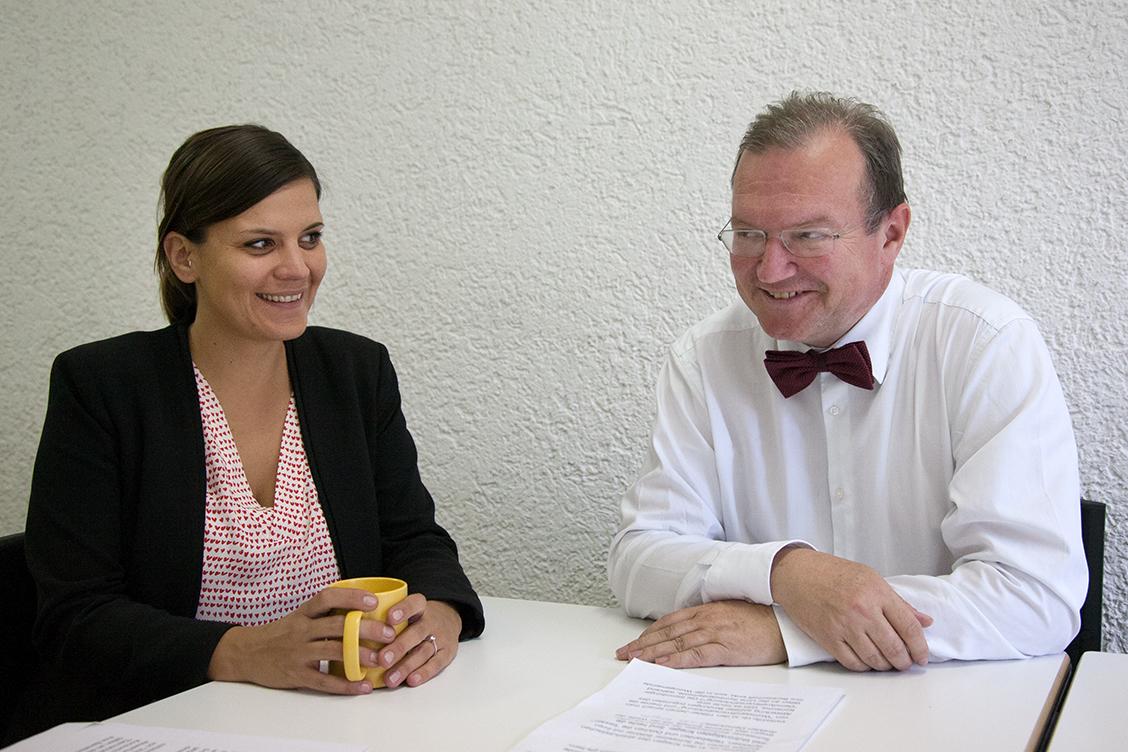

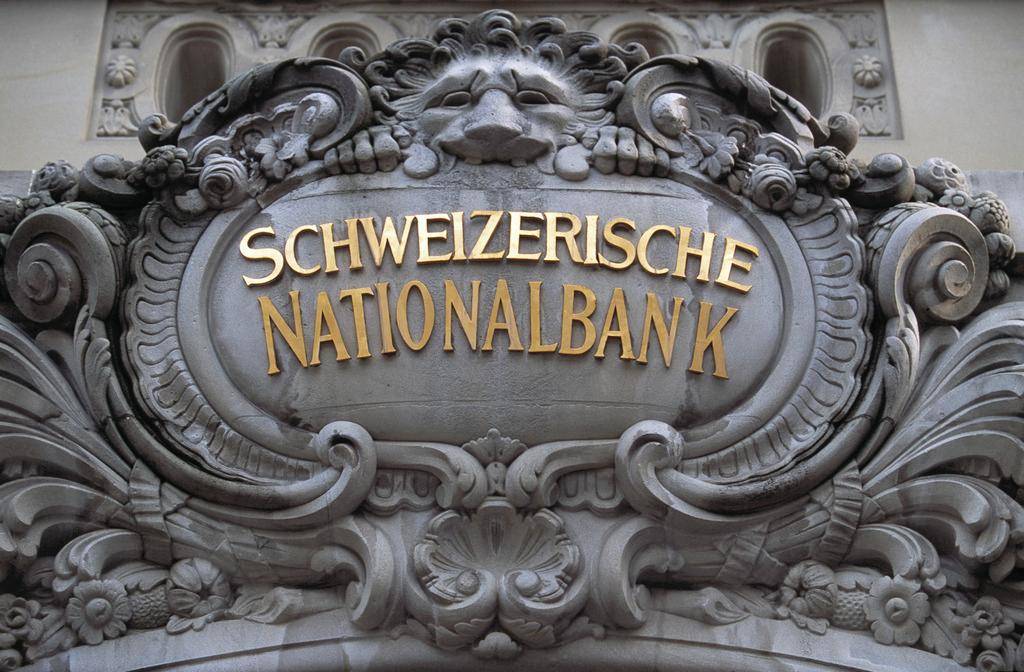
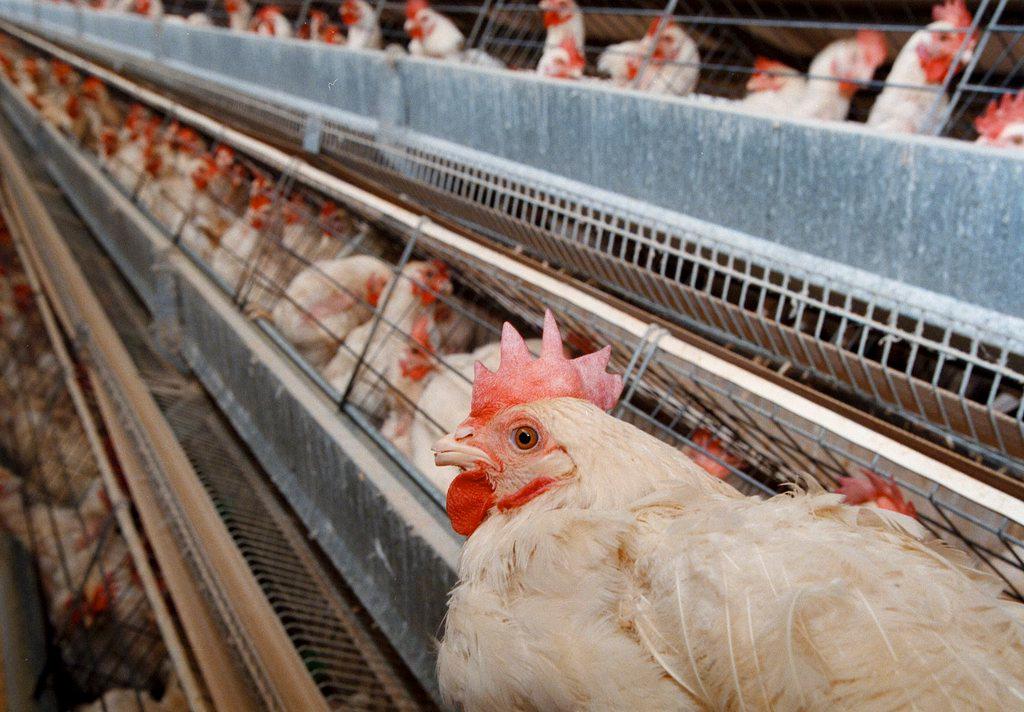
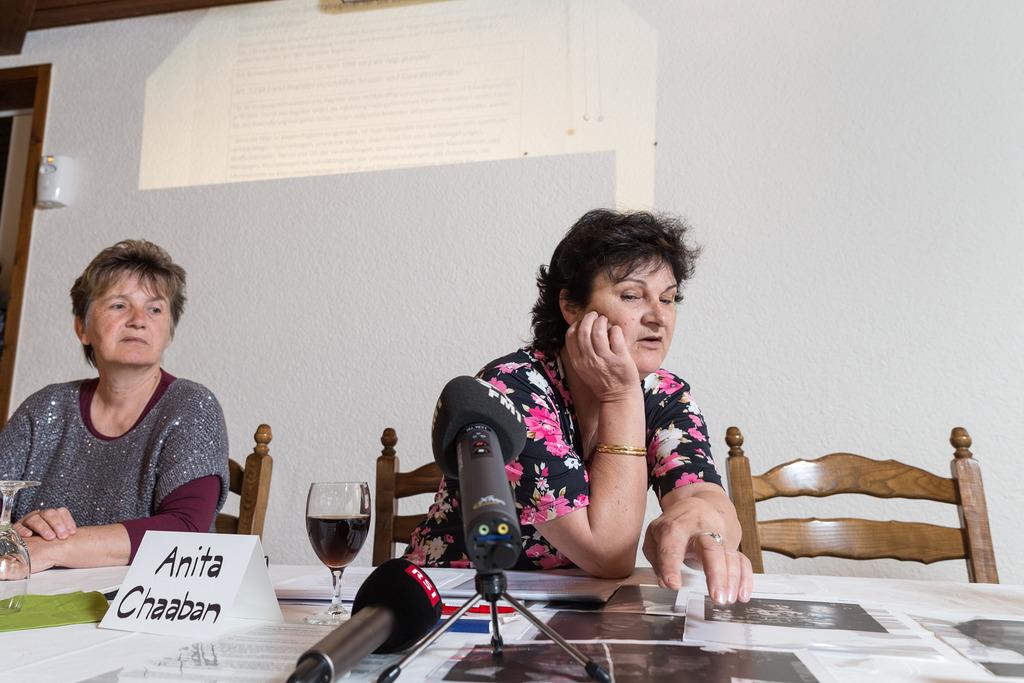
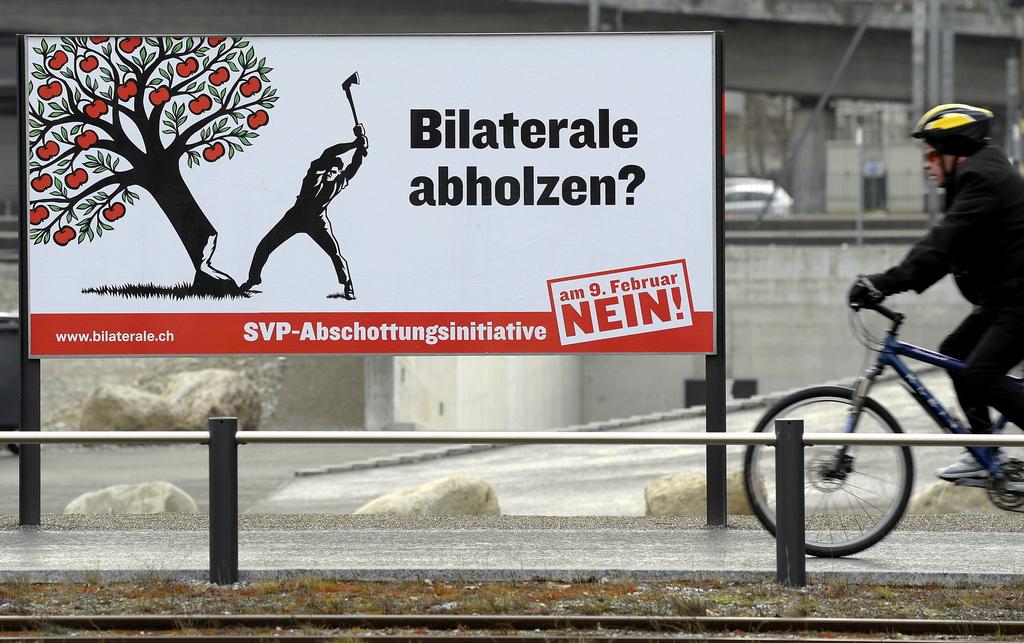
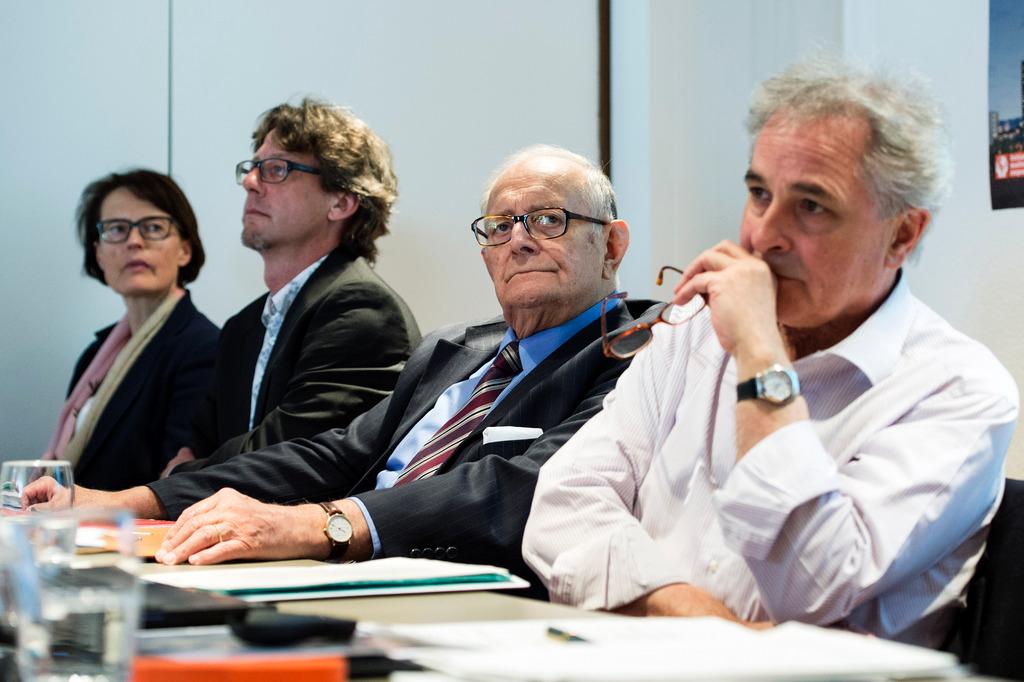
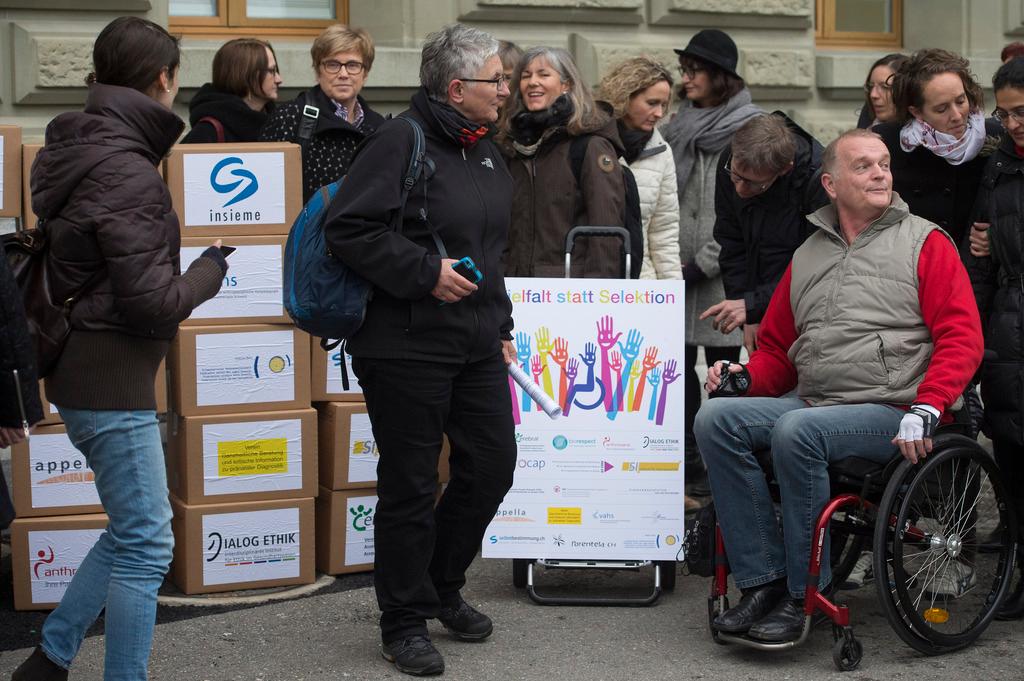
You can find an overview of ongoing debates with our journalists here. Please join us!
If you want to start a conversation about a topic raised in this article or want to report factual errors, email us at english@swissinfo.ch.